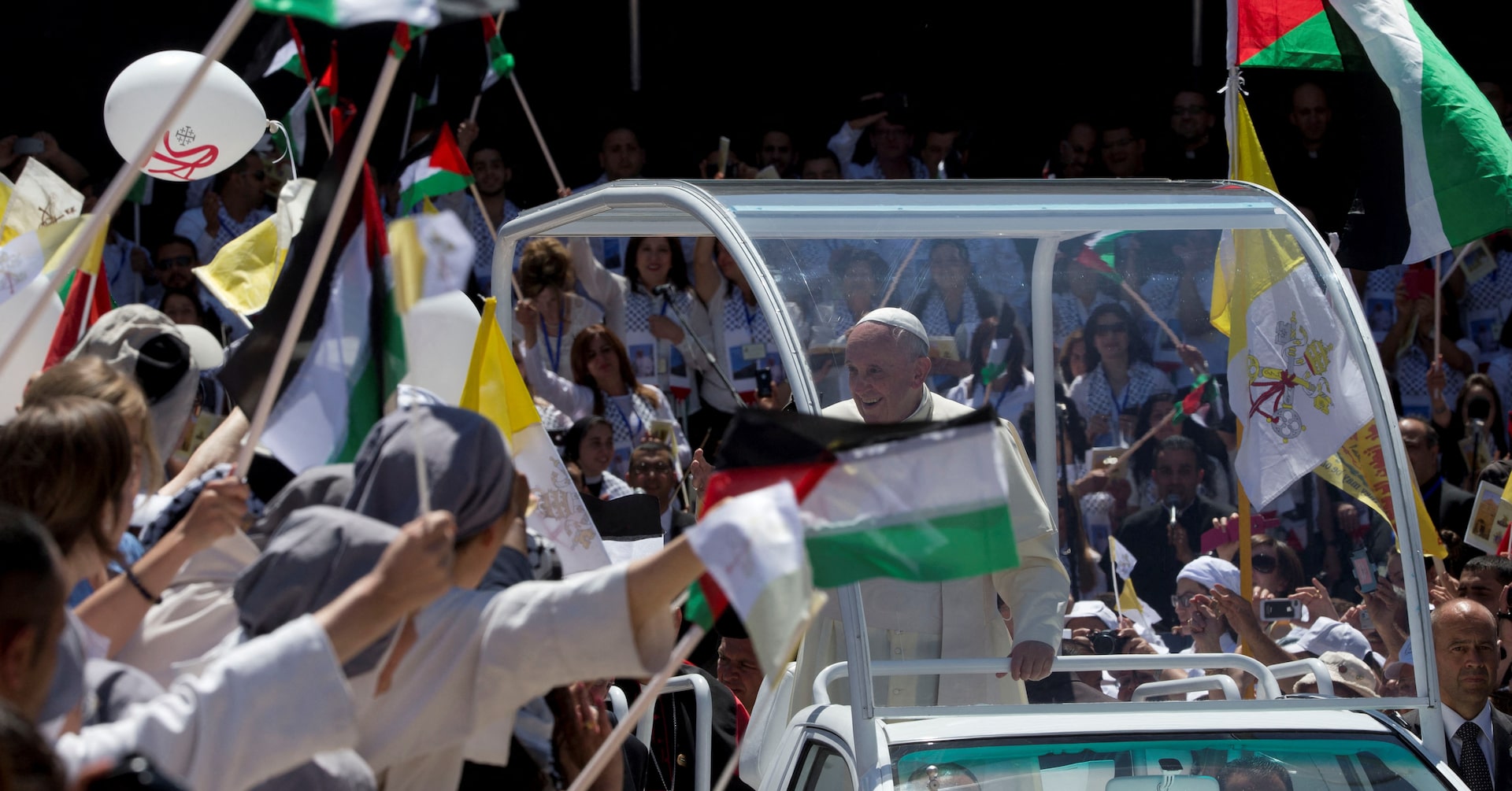Papal Compassion: Pope's Luxury Vehicle Transforms into Lifeline for Gaza's Young Patients

In a powerful gesture of humanitarian compassion, Pope Francis's popemobile is set to embark on a remarkable transformation, becoming a lifeline for children in the war-torn Gaza Strip. The Vatican's official media outlet announced on Sunday that the pontiff's cherished vehicle will be repurposed as a mobile pediatric health clinic, embodying one of the Pope's most heartfelt final wishes.
This extraordinary initiative represents more than just a practical medical solution; it symbolizes hope and healing in a region devastated by conflict. By converting a vehicle once used to transport the Pope safely through crowds into a mobile medical unit, the Vatican is sending a profound message of solidarity with those most vulnerable in one of the world's most challenging humanitarian landscapes.
The popemobile's conversion highlights Pope Francis's long-standing commitment to serving the marginalized and bringing compassionate care to those in desperate need. As the vehicle prepares to bring critical medical services directly to children in Gaza, it stands as a testament to the Pope's enduring legacy of mercy and humanitarian support.
